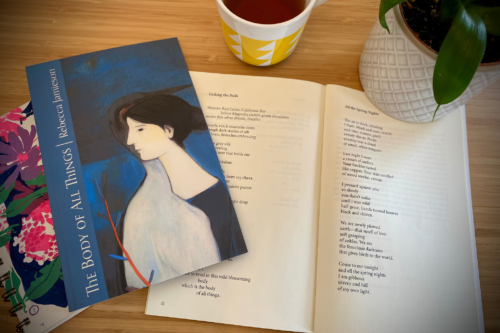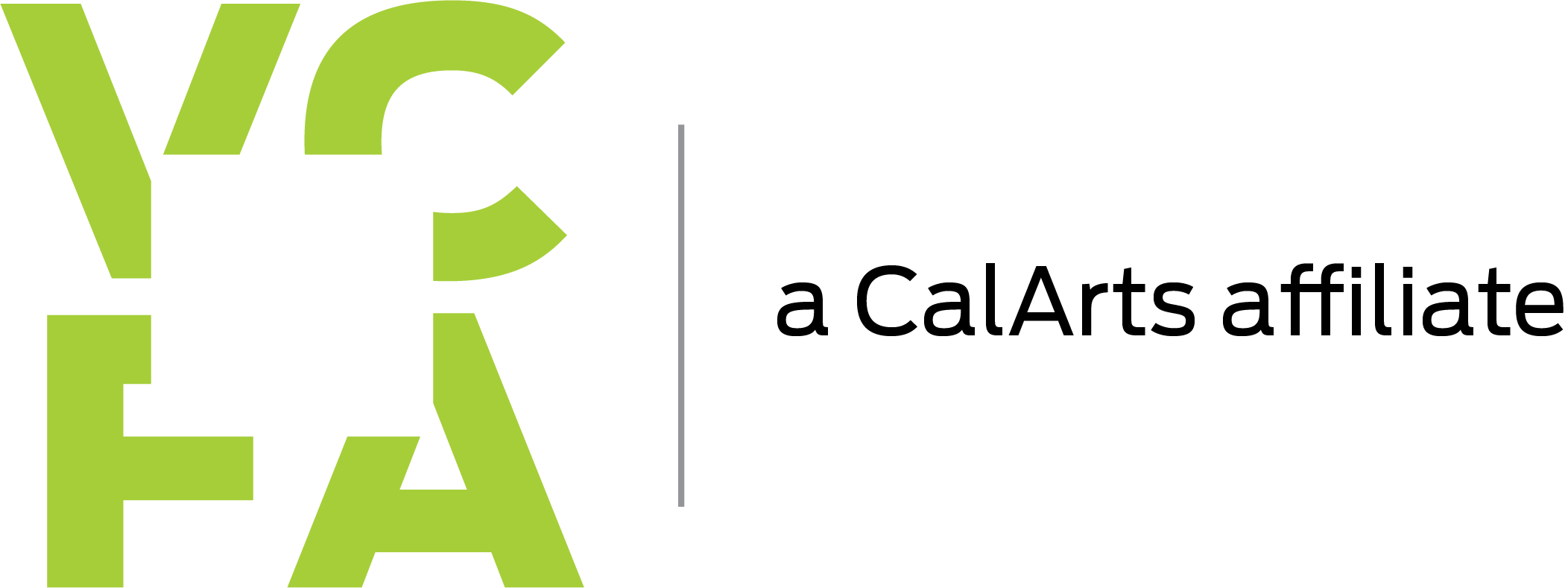Rebecca Jamieson (WP ’20): Real Writers Don’t Write Alone
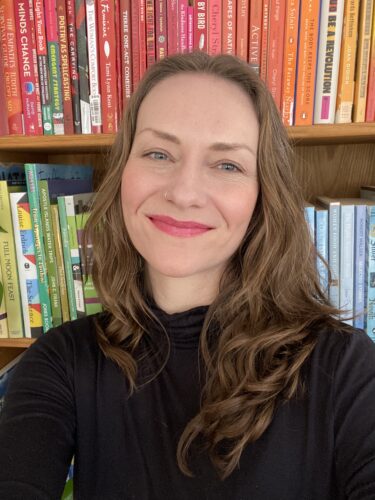 A graduate of VCFA’s former MFA in Writing & Publishing program, writer, editor, and educator Rebecca Jamieson is a believer in the power of the creative community. After graduating from VCFA in 2020, Jamieson would go on to found her own creative writing business, Contemplate Create. Through classes and one-on-one mentoring, Jamieson supports poets and creative non-fiction writers on their path from rough draft to final draft.
A graduate of VCFA’s former MFA in Writing & Publishing program, writer, editor, and educator Rebecca Jamieson is a believer in the power of the creative community. After graduating from VCFA in 2020, Jamieson would go on to found her own creative writing business, Contemplate Create. Through classes and one-on-one mentoring, Jamieson supports poets and creative non-fiction writers on their path from rough draft to final draft.
In 2025, Jamieson wrote an essay for VCFA about the importance of community in the life of an artist. Read her essay below, and learn more about Jamieson and her work here.

Real Writers Don’t Write Alone
by Rebecca Jamieson
The famous poet’s hazel eyes were cool as she gazed at me, the silence between us humming. Even though she was shorter than me, I felt small.
I had approached her after her reading at the community college I attended. Between poems, she spoke of her creative practice and the writers who inspired her—how Toni Morrison woke at 3:00 am to write before work. It echoed what I’d heard over and over: Real writers write every day. Real writers write no matter what. Real writers write alone.
Though I’d loved writing since childhood, I feared I wasn’t a real writer and never would be. I was twenty-seven, just starting college, working two part-time jobs, on food stamps, and living with three roommates in a dilapidated house in Portland, Oregon. I squeezed in writing when I could, but it seemed outlandish to imagine it as a career.
Walking toward the poet, I bit the inside of my cheek, rehearsing my question.
“I love writing,” I gasped out, “but I don’t do it regularly. Everyone talks about getting up early and writing for hours, but I just can’t. Do you have any advice?”
She stared at me for a long moment, as if solving a complex equation. Finally, she said, “Maybe you aren’t meant to be a writer.”
Fifteen years later, I run a creative writing business and mentor writers who, like I once did, feel like imposters. Writers who adore writing but believe they’re not good or disciplined enough to be “real.” I help them unlearn the harmful myths I once believed. I’ve helped dozens of writers on everything from essays and poems to full-length books, helping them navigate drafting, revision, and publication. We’ve tackled challenges like self-doubt, procrastination, perfectionism, and trauma. I’ve seen them get their first publication credits, win awards, publish books, fall in love with writing again, and learn to trust themselves and the value of their words. 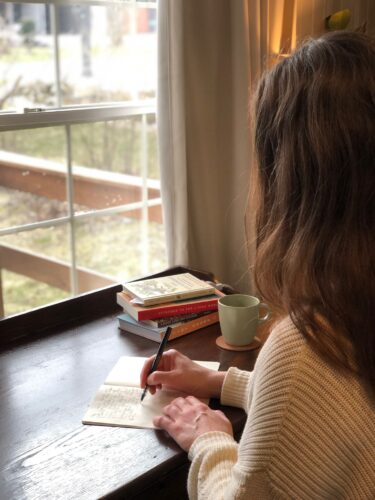
The poet’s words gutted me, but I was lucky—I loved writing too much to quit. I only wish she’d told me what I tell my students now: You don’t have to write alone every day to be a real writer.
That was one of the most important lessons I learned during my MFA in Writing & Publishing at VCFA. Sitting around old wooden tables in College Hall, laughing and crying over my peers’ work as ghostly footsteps echoed through the stairwell, I found something essential: community.
After earning my undergraduate degree, I knew writing was my path, but I still didn’t know how to make a life of it. I came to VCFA to figure it out—or at least give myself two years to write with support.
That support changed everything. In my dorm room overlooking the Granite Hills, listening to the metallic clank of the radiators, the words flowed. Writing was still hard, but the discipline was joyful. I didn’t feel the crushing weight of fraud or procrastination as strongly.
What had shifted? I wasn’t writing alone. I had assignments, deadlines, and accountability. But most importantly: Community. People who cared whether I wrote or not. My teachers Jericho Parms, Miciah Bay Gault, Frances Cannon, Erin Stalcup, and Justin Bigos and peers Ukamaka Olisakwe, Tyler Glauz-Todrank, Kelsi Long, and Virginia Booth all helped me immeasurably.
Since graduating five years ago, I’ve built or joined countless creative circles—write-ins, critique groups, retreats, classes, “submitting parties,” literary salons, even happy hours. Each serves a different purpose. Together, they form the ecosystem that sustains my writing life.
How do you build a creative community? Start by asking what you need to write. Then go find it—or create it. There’s no shame in needing structure, deadlines, and support. We all do.
If you can’t find a ready-made group, build your own. Go to events. Look up local organizations, bookstores, and libraries. Check Meetups or Shut Up & Write groups. If you’re near a university, see what readings or panels are open to the public.
Even in the middle of nowhere, there are online options: Grub Street, The Loft, Lighthouse Writers Workshop, Story Studio Chicago, and many others offer robust virtual programming.
Most importantly: Talk to people. Invite them to join you.
Being part of a writing community—and creating one for others—is one of the greatest joys of the creative life. To me, that’s the true definition of literary citizenship: a reciprocal exchange of creative mutual aid.
In this turbulent political climate, building community is both radical and practical. And if those communities also help us write? So much the better.
